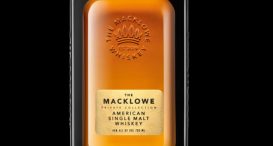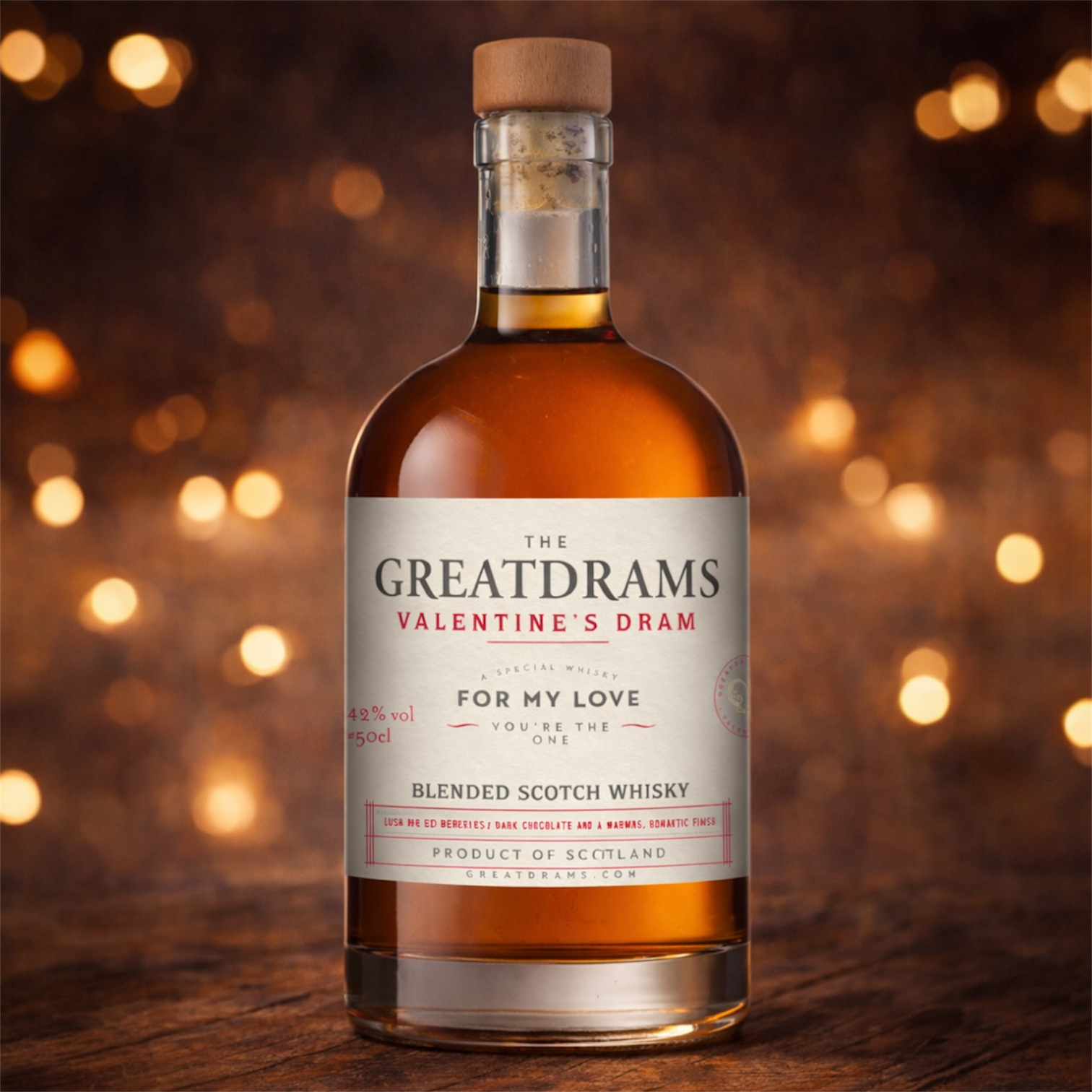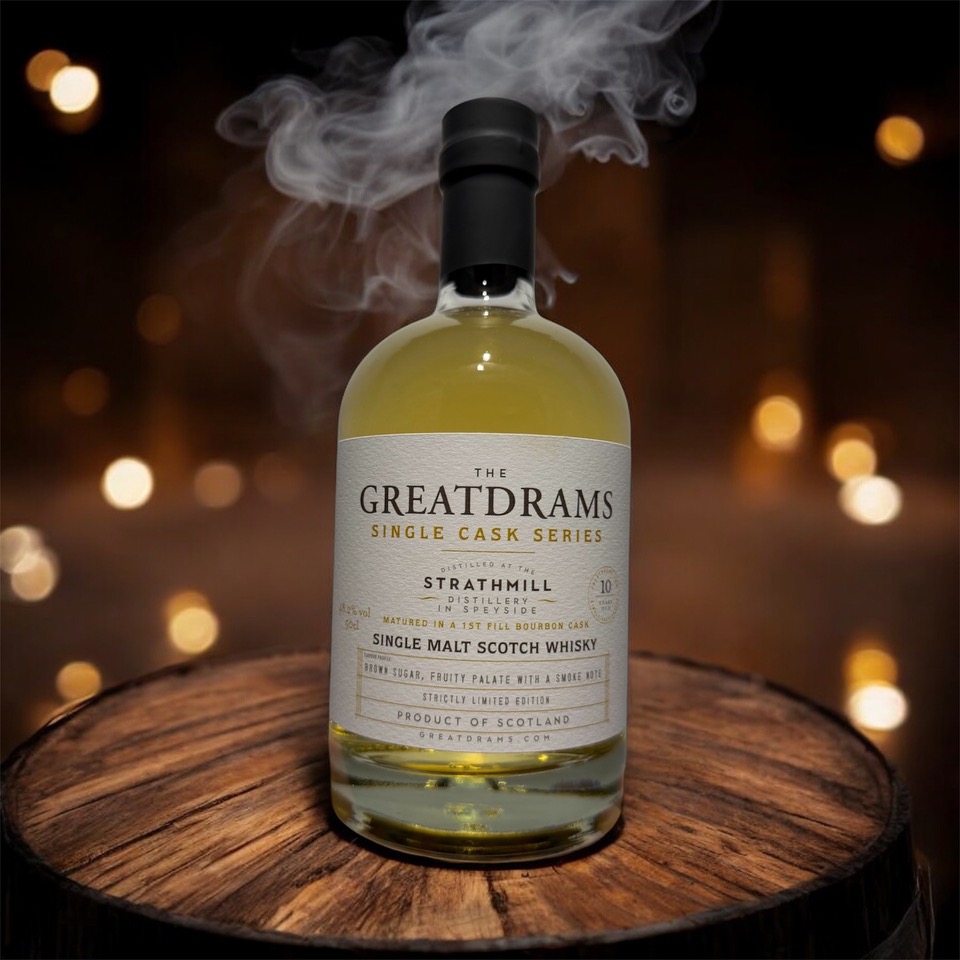Scotch Whisky – A Brief History
Ah, Scotch, one of life’s greatest pleasures and one of the best things to come out of Scotland since the deep-fried Mars bar (don’t pull that face, try it, it’s amazing!)
While there are all manner of weird and wonderful whiskies from all over the globe, for whisky purists, you simply cannot beat a wee dram of single malt as you relax, unwind, and forget all your troubles.
Also known as Uisge Beatha, which is Gaelic for ‘water of life’, the national drink of Scotland is one which can be traced back centuries and is one steeped in history. Every single Scotch has a story to tell, but how did we get this amazing tipple? Some say we have Christian missionary monks to thank. Others believe that it was farmers who learned to produce this drink from surplus grains. Whoever discovered whisky however, we’re so glad that they did.
While knowing the history of Scotch is certainly not a requirement if you wish to enjoy it, it certainly helps, especially if you want to impress your mates down at the pub. For that reason, and plenty of others, let’s take a quick look at the history of Scotch.
Who Discovered Scotch?
Like most of life’s important questions, getting an answer to this question is about as easy as getting blood from a stone.
As mentioned, some historians believe that whisky made its way over to Scotland centuries. It is believed that Christian missionary monks brought the techniques needed to distil whisky with them when they settled in Scotland. Other historians however, believe that we have Highland farmers to thank for Scotch whisky, as they needed something to do with surplus barley at the end of a harvest.
Regardless of who discovered Scotch however, the earliest recorded reference of Scotch whisky can be traced back to 1494. Ironically, we have tax records to thank for this reference as there was an entry in the Exchequer Rolls, which were the tax records of the day which read as follows:
‘Eight bolls of malt to Friar John Cor, wherewith to make aqua vitae’.
‘Aqua Vitae’ is the Latin word for ‘Water of Life’, which was a term used to describe whisky distilled
in Scotland.
King James IV was said to be a big fan of this spirit, as his treasurers accounts have two separate references to ‘aqua vitae for the King’ when he was visiting Inverness. They say that whisky is a drink fit for a king, and there’s your proof.
Illegal Distilling
As the years went by, more and more people discovered this new beverage that burned your throat, but made you feel all warm and fuzzy inside. Whisky quickly spread throughout Scotland and, not surprisingly, the government decided they wanted a slice of the pie.
Scottish Parliament, looking for their handouts from other people’s work, held out their hand and in 1644 they introduced the first taxes on Scotch whisky. Needless to say, the distillers were not happy.
Why should they do all the work and then give the government a slice of their earnings?
Rather than roll over and pay Parliament, more and more people opened up illicit stills and began illegally distilling whisky. For more than 150 years whisky smuggling became the norm, particularly in the Highlands.
The government would send out excisemen, or gaugers, as they were also known, to try and track down whisky smugglers and illegal distilleries.
Now, if a Scot is anything, he or she is dedicated. The Scots would come up with all manner of weird and wonderful ways of avoiding the taxman. Distilleries would be set up in remote Highland locations in the middle of nowhere. Not only were they harder to reach in those days, but lookouts could also spot an exciseman from miles away, and prepare accordingly. Even honest members of the church were reported to have hidden illegally distilled whisky in coffins and under pulpits so as to avoid the dreaded gaugers.
Arguably Scotland’s most famous exciseman was none other than Robert ‘Rabbie’ Burns. Before he became the most famous bard in all of Scotland, he worked as an exciseman. As his ‘Scotch Drink’ – an ode to whisky, was penned after his spell as a gauger, it’s safe to assume that he was charmed by the wonders of this magical drink. Even famous poets need to earn a living.
By the early 1800s, more than 50% of all whisky enjoyed in Scotland was enjoyed illegally, with as many as 14,000 illegal stills being closed down every single year.
Legally Profiting from Whisky
By the 1820s, it was clear that Scotland was passionate about this beverage, and that the taxman was coming up short. Eventually, the Duke of Gordon decided to intervene and proposed in the House of Lords that it should be made legal to profit from whisky distilling.
In 1823, this Excise Act was passed, stating that profiting from the distilling of whisky would be legal, in exchange for the purchase of a £10 licence fee, along with a set payment for every gallon of spirit sold.
Fed up of looking over their shoulders and smuggling whisky, the distillers accepted this new act and smuggling of the spirit quickly died out. Many of the most popular distilleries found in the Highlands today actually sit on the sites used by smugglers over two centuries ago.
Branching Out to Present Day
With virtually all Scotch now being produced legally, it was only a matter of time before the rest of the world discovered the joy of Scotch.
Whereas single malt whisky was the norm, blended grain whiskies grew in popularity, with rye and corn providing to be especially popular in the USA.
By the 19 th century, we saw juggernauts of the whisky world such as Tommy Dewar, Johnnie Walker, James Chivas, and many others, helping to make Scotch whisky a globally revered drink. It spread throughout the USA, the British Empire, and many parts of Asia and Europe.
In a stroke of luck for the whisky industry, in the 1880s many French vineyards were devasted by phylloxera beetles, meaning that brandy and wine production ground to a halt. This helped introduce more of Europe to Scotch. Soon, Scotch was France’s spirit of choice, rather than Brandy.
Today, we have blended Scotch, single malt, Irish whiskey, rye, bourbon, Tennessee, and countless other types of whisky and whiskey, being produced all over the world. While each whisky/whiskey has its own unique charms and characteristics, for Scotch lovers, there really is nothing finer than a wee dram produced in the rugged Highlands of Scotland.
If you’d like to learn more about Scotch whisky, or any other types of whisky/whiskey for that matter, make
sure you check out GreatDrams.com.
Here, you’ll find all manner of useful resources relating to all things whisky, as well as a selection of the rarest,
most delicious whiskies you could ever wish for.
Photo by Andrew Seaman on Unsplash














